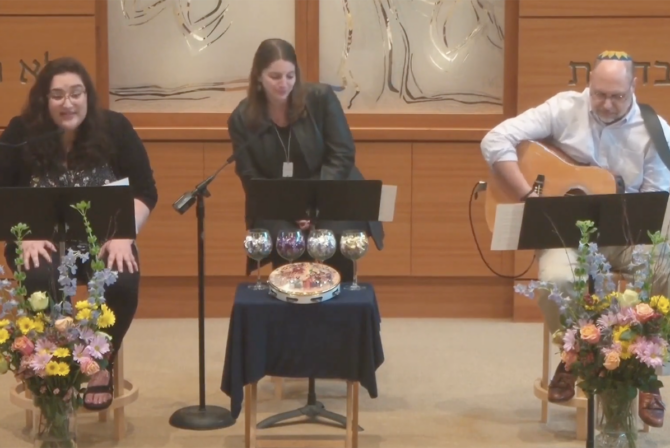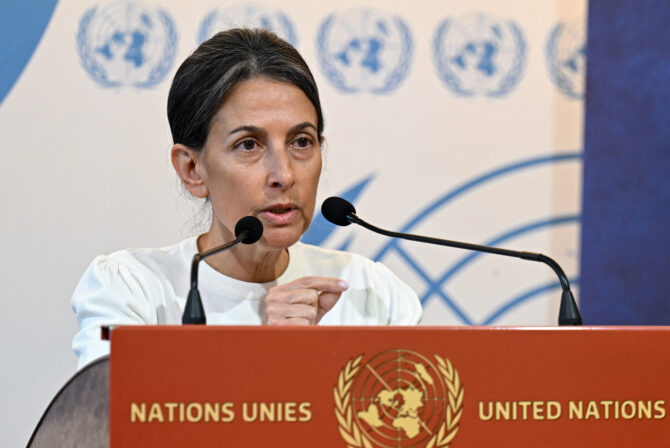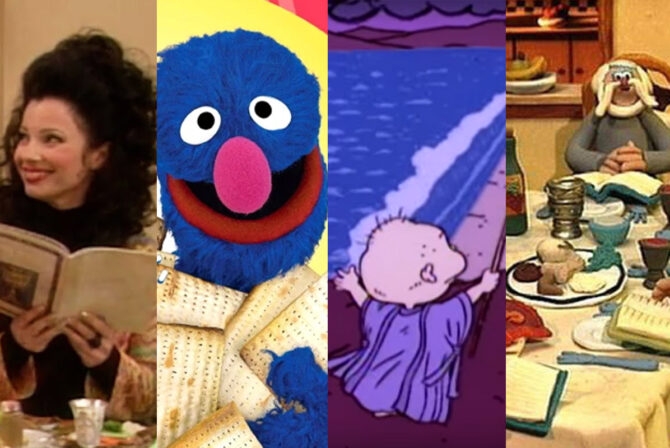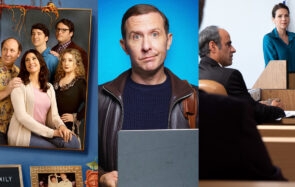How does a parent explain to a young child about the terrible news we are hearing from Japan? Especially while avoiding fear and anxiety (leave that to us!) and promoting sympathy and empathy? Or should we shield children from the natural and man-made disasters which are staples of news reports each day? At what age are children “old enough” to know? What is the right amount of information to give them? And should we broach the subject or wait until they bring it up?
When my kids were little and we were home, I often had the TV news or talk shows on as “adult company.” I remember, many years ago, standing at the kitchen sink and bursting into tears at some awful news report. It had gone over the kids’ heads and they were not interested in anything but PBS programs like Sesame Street anyway. (Or, more accurately, they were, but were not allowed to watch anything else.) The children were surprised to see me cry and concerned (although I cry easily so it wasn’t the first time.) I gently explained what had provoked my tears and emphasized that I was very sad for the people in that story (which I no longer fully remember but think it had something to do with a teenager’s drug overdose.)
It seems to me that as soon as a child is old enough to absorb the facts, at whatever level and depth, we should pre-empt their questions and begin a conversation. The trick is to achieve a careful balance between being truthful and not causing alarm or fear. The most important lesson, I think, is teaching sympathy and empathy for others who are suffering–whether from earthquakes, poverty, or a drug-riddled neighborhood. We need to make our kids feel safe (“that is happening someplace else and if it happens nearby we have ways to protect you”) yet to understand that bad things do indeed happen and we need to feel sadness for people who are going through them (“that child is having a hard time because his home was ruined and his parents have to find a new place to live.”) Most of all, tragedy is an opportunity for those of us lucky to be out of harm’s way. We can teach our children that, indeed, bad things happen but we can help those who need help and we can expect help from others when we need it. We need to make them secure enough to be concerned for others, but not worry about themselves. It is tricky.
An article in the New York Times solicited readers’ answers to the question of if, and what, to tell children about this terrible event that is coming into our living rooms. One reader, who sketched out pretty much the same approach I do, said wisely, “Other children–in Japan–are actually experiencing these events. If they can survive it, then our children can survive hearing about it. It is a disservice to our common humanity, which extends to children, too, to pretend that others are not suffering.” (R. Subito, Corvallis, Ore.)
So, after talking it through (but not before bed!), go online with the children and make a donation to help the people of Japan. And if you want to teach an even better lesson, do it through a Jewish agency.
The kids will feel good, and you will, too.







